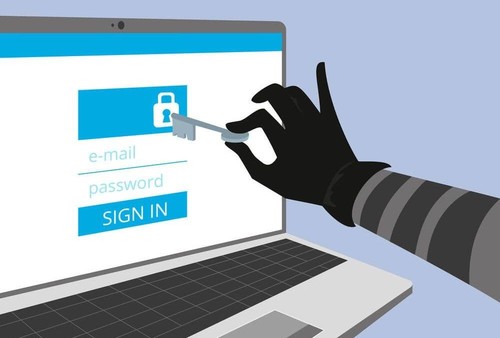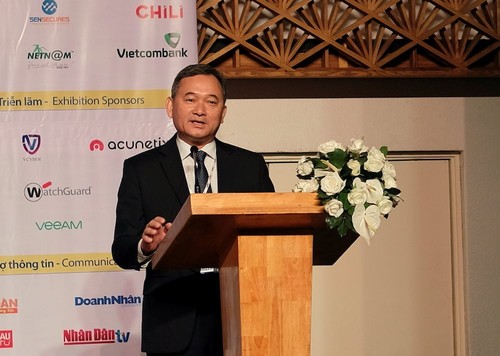 (Illustrative photo: Techlicious) (Illustrative photo: Techlicious) |
The Decree defines that personal data is information in the form of symbols, letters, numbers, images, sounds, or similar forms in the electronic environment which is associated with a particular person or helps to identify a particular person.
It’s the first document to recognize the concept of “sensitive personal data” which distinguishes sensitive personal data from personal data. This recognition makes Vietnamese law compatible with personal data protection laws in other jurisdictions and sets a high level of legal requirements to protect sensitive personal data.
The concept of sensitive personal data is closely related to the privacy of individuals, which means the right to personal data protection is built on the foundation of privacy protection. Everyone has the right to privacy, including of their personal information. The provisions of the Decree on data protection aim to protect personal information, especially sensitive information which might affect one’s private life.
Better protecting human rights in the digital era
Personal data has become key to the operation of many service and trade sectors and occupies an increasingly important position in generating profits for the economy.
The situation poses to the government the task of effectively managing and balancing the use and protect of personal data, reducing risks, and handling violations to maintain the benefits generated from personal data.
Dr. Nguyen Thi Hoa, lecturer at the Faculty of International Law, the University of Law – Ho Chi Minh City, said: “In cyberspace, personal data can be stolen and used for illegal purposes. The law has civil, administrative, and criminal measures to protect personal data from infringement. But there are limitations and inconsistencies with new rules on personal data protection.”
Ms Hoa said the Decree on personal data protection will help to resolve the problem, generate conditions for social-economic development, and lay a legal foundation for trading sectors related to personal data. The Decree is also a step to concretize the provisions of the Constitution and law on the right to protect personal secrets, human rights, civil rights, and cyber security. It clearly demonstrates Vietnam’s efforts to protect human rights in digital transformation. It’s also a step to implement the Party guidelines and State policies and ensure synchronization and consistency in Vietnam’s legal system on human rights.
Harmonizing internationally, matching Vietnam’s reality
More than 80 countries have promulgated legal documents on personal data protection, many of which have regulations applicable to Vietnamese organizations and individuals. This requires that Vietnam’s Decree on personal data protection be in harmony with international practices, and also creates a fair business environment with respect to Vietnamese law.
The Ministry of Information and Communication said the Decree is consistent with the general principles of international conventions and recommendations, including the privacy principles of the Organization for Economic Co-operation and Development (OECD), the European Council’s Convention on the Protection of Individuals with regard to Automatic Processing of Personal Data, the UN Guidelines for the Regulation of Computerized Personal Files and Data, the APEC Privacy Framework, the International Standards on the Protection of Personal Data (the Madrid Resolution), the Law of the Organization of American States (OAS) on personal information and data protection in 2014, and, more recently, the EU Data Protection Regulation.
Vietnam has one of the highest rates of Internet application and development in the world. The rate of Internet use in Vietnam is approximately 69 million per 100 million people. Vietnam is pushing ahead with building an e-Government toward a digital government and a digital economy.
Information technology, communication, artificial intelligence, internet of things, cloud computing, big data, and fast data are widely applied in all aspects. The Decree is a legal basis to give people a better awareness of personal data and the protection of personal data in digital transformation.
 Ngo Vi Dong, Vice Chairman of the Vietnam Information Security Association (photo: vietnamnet.vn) Ngo Vi Dong, Vice Chairman of the Vietnam Information Security Association (photo: vietnamnet.vn) |
Ngo Vi Dong, Vice Chairman of the Vietnam Information Security Association, said: “The Decree should be popularized and everyone needs to be conscious that we are using technology as individuals. We need to be aware of our own data, what should be protected, and be vigilant.”
The enforcement of the Decree will lay an important premise for building a Law on Personal Data Protection, a stronger measure to protect human rights during digital transformation.